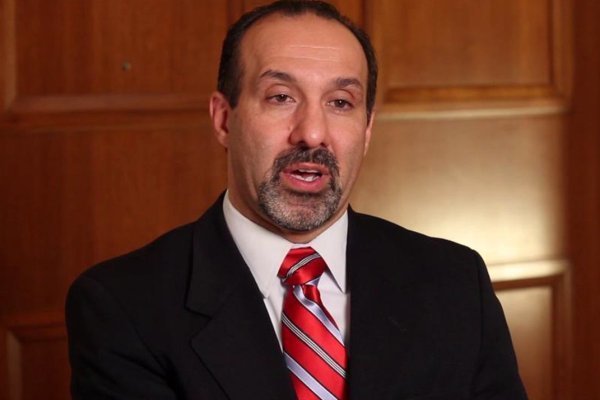TEHRAN, (MNA) –Commenting on Iran and China 25-year cooperation document, Prof. Kamrava said China is a global power and in today’s interdependent world, development requires exchanges and relations with other countries.
Referring to China and Iran's tendency to increase their cooperation in different fields, Director of the Iranian Studies Unit at the Arab Center for Research and Policy Studies at Georgetown University Qatar, Prof. Mehran Kamrava said," It is important to keep in mind that China has emerged as an important global power, particularly in infrastructural development and technology. In today’s globally interdependent world, technological development requires exchanges and relations with other countries."
Following is the text of the interview:
Iran and China are going to sign a 25-year agreement in various fields. According to the agreement, cooperation between the two countries in various fields will enter new stages. Will this agreement promote the cooperation between the two countries into strategic cooperation?
We still do not know the specific details of the agreement, and commenting on it would require knowledge of its details. An unofficial draft of the agreement has been circulating on the internet, and this draft is very different from the rumors and the misperceptions that are being publicly discussed.
Overall, it is important to keep in mind that China has emerged as an important global power, particularly in infrastructural development and technology. In today’s globally interdependent world, technological development requires exchanges and relations with other countries.
Will the cooperation between Iran and China affect China's cooperation with PGCC countries? And is it possible to increase their inclination towards the West and NATO?
The [P]GCC states are already firmly in the US-EU security camp, and whatever relations Iran has with any other country is not going to have any bearing on the [P]GCC states’ security profiles and arrangements. Every year the [P]GCC states buy record amounts of arms from the West, regardless of China. China does not have military relations with the [P]GCC states, is a major purchaser of oil and gas from the states, and has so far not been a military power in the Persian Gulf. So I do not expect China’s relations with the [P]GCC states to change in any meaningful way.
In general, how will the cooperation between Iran and China affect the coalitions in the Persian Gulf region?
The Persian Gulf region has always seen the presence of non-regional actors going all the way back to the Portuguese, the Ottomans, the British, and then the American. These actors have changed over time. It is unlikely that the Americans leave the Persian Gulf any time soon. For the foreseeable future, it seems unlikely that China will try to become a strategic player in the Middle East; it’s primary area of focus, and its main arena of competition with the US, will be the South China Sea. I sincerely doubt that China will involve itself in the Persian Gulf as a military actor.
Can this agreement pave the way for Iran's membership in the Shanghai Cooperation Organisation (SCO)?
Certainly, the agreement will not hurt Iran’s chances of joining the SCO. How, or whether at all, it will help remains to be seen.
Interview by Javad Heirannia


No comments:
Post a Comment